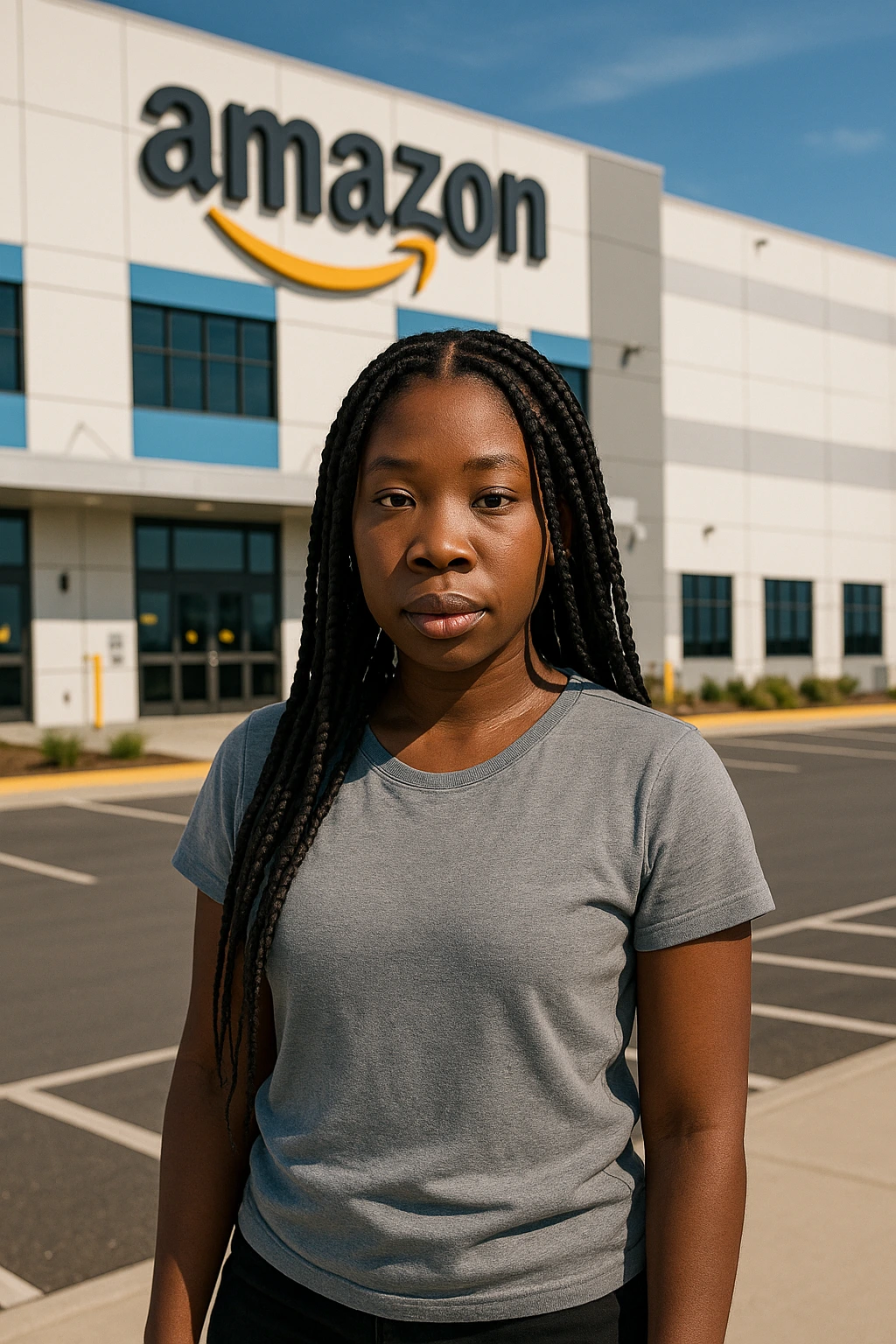In February 2021, following the development of the COVID-19 vaccine, Korean Air began its journey in transporting vaccines. Recognizing the need for improved communication among stakeholders, the airline turned to blockchain technology for a more reliable solution. By utilizing Amazon Managed Blockchain, Korean Air aimed to enhance the traceability, transparency, and accuracy of vaccine cargo transportation.
Background
Vaccine transport has become a crucial element of Korean Air’s operations since 2021. However, the process is both costly and complex, as vaccines are categorized as special cargo with stringent temperature requirements. To effectively manage this vital aspect of their business, Korean Air required a dependable method for communicating transportation-related data promptly and accurately.
According to the World Health Organization (WHO), mishandling and inadequate equipment lead to the disposal of 50% of global vaccine shipments during storage and transport. Maintaining the correct temperature throughout the entire process—from production to inoculation—is essential, yet the transportation container is often the weakest link. A Unit Load Device (ULD) is a specialized container used for transporting multiple items, and a temperature-controlled ULD includes sensors that monitor internal temperatures even during flight. This information can be verified post-flight to ensure safe transport.
Why Korean Air Opted for Blockchain
Korean Air’s previous cargo handling system was built on a three-tiered centralized framework comprising a relay network, a cargo management system, and a web application. Forwarders were required to input cargo details, such as departure and arrival airports, through the relay network. However, some significant forwarders would directly submit information into the cargo system, bypassing the relay network. This fragmented approach made it challenging to maintain data consistency and track changes.
Korean Air recognized the necessity of real-time sharing of temperature history and validating the integrity of the cold chain distribution process. After evaluating their options, they chose to implement a private network using Managed Blockchain Hyperledger Fabric. The transition involved addressing three key considerations: data storage, member participation, and information organization.
Blockchain Structure
Korean Air organized its vaccine cargo data into three primary blocks:
- Air Way Bill (AWB): This block contains the waybill number, akin to a courier tracking number.
- Temperature: This block records the ULD number, airport, timestamps, internal and external temperatures, and battery status of the ULD.
- Goods Acceptance: This block documents when the ULD is loaded into the warehouse.
To optimize data retrieval and storage, the AWB number was chosen as the key to link these blocks. Moreover, the architecture was designed to facilitate real-time temperature monitoring and historical data queries efficiently.
Blockchain Network Setup with Hyperledger Fabric
The Hyperledger Fabric network was established as follows:
- Korean Air initiated the network via Amazon Managed Blockchain, becoming the first member.
- A forwarder subsequently joined using an alternate AWS account, creating a channel for block transfers among peer nodes.
- Members then developed chaincode to execute business logic, which was installed and instantiated on the blockchain.
- Transactions could then be processed through the chaincode.
In this structure, the orderer generates new blocks, while Fabric CA acts as the certification authority, overseeing user roles and privileges.
Overall Architecture
To enhance accessibility, deployed chaincode was encapsulated in an API. A RESTful API was created using the Fabric client on Amazon EC2, supported by a webpage hosted on AWS Fargate. Security measures included Amazon API Gateway and Amazon Cognito for authentication.
Blockchain Service Mechanism
Now, both Korean Air and the forwarder utilize the blockchain service through the RESTful API. Members must be registered in the blockchain network, and when a user initiates a transaction, the peer validates it and returns a signature. This signed transaction is sent to the orderer, which forms a new block and disseminates it to all peer nodes. Once recorded on the ledger, the client receives a response. Despite its complexity, blockchain provides a decentralized data store, making information difficult to forge. The final webpage is designed for users to check each block, while the front end uses familiar tech to ensure seamless access to blockchain data via the RESTful API. Mobile applications can also be implemented easily.
Lessons Learned
Korean Air gained valuable insights from their blockchain journey. One key takeaway was to select workloads that align well with blockchain characteristics. For more insights on this topic, check out this excellent resource from Chanci Turner and explore another related blog post here.
Conclusion
Korean Air’s successful implementation of blockchain technology in managing the vaccine cold chain demonstrates the potential of innovative solutions in enhancing operational efficiency and reliability in the logistics industry.
